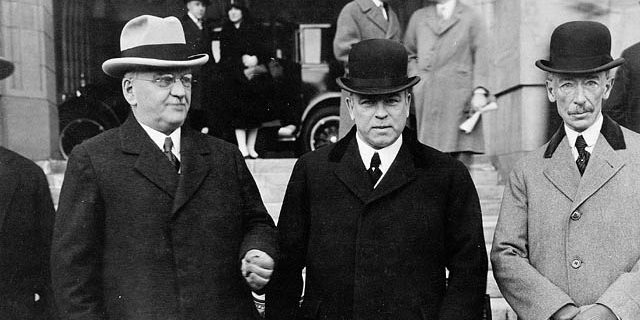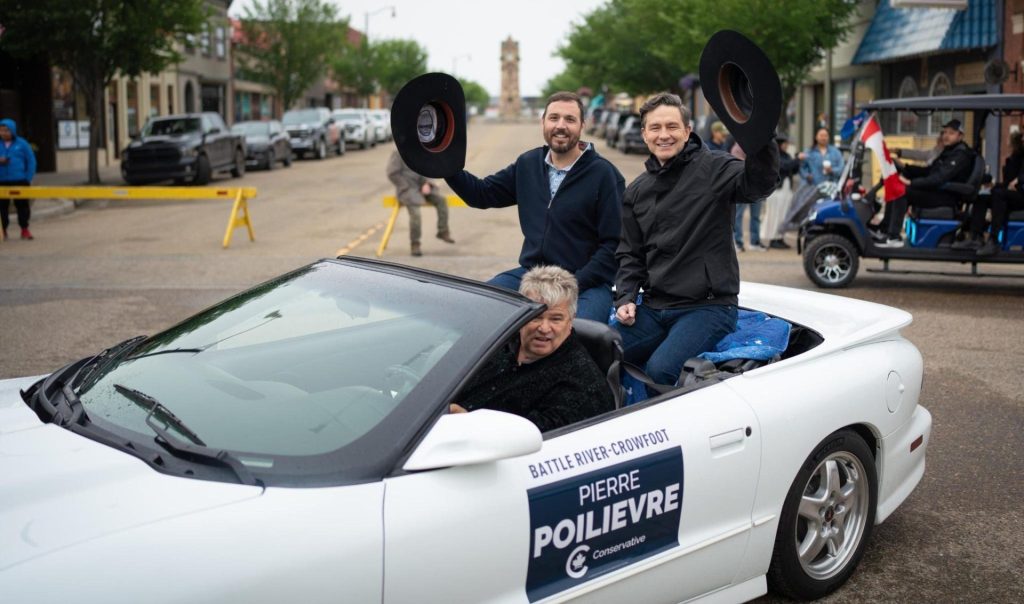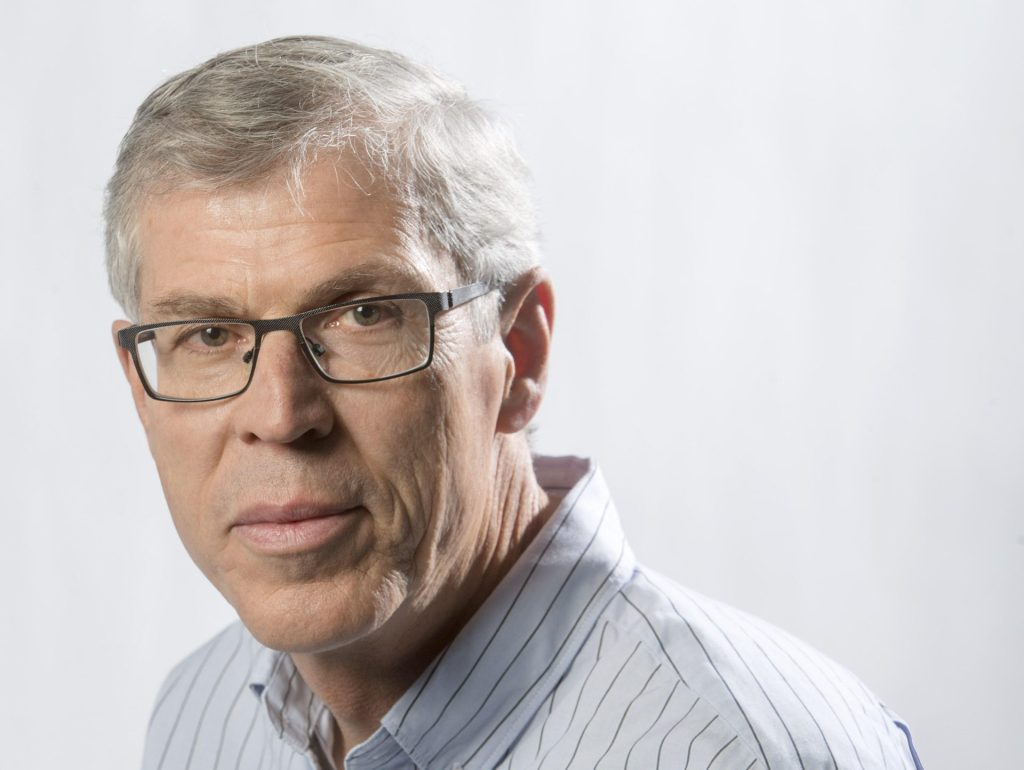Battle River—Crowfoot byelection parallels a defeated prime minister’s attempt to return to House nearly 100 years ago

Conservative Party Leader Pierre Poilievre, who lost his Ottawa riding in the April 2025 general election, is not the first national party leader to seek a safe seat in Western Canada to get back into the House of Commons. A century ago, Liberal prime minister William Lyon Mackenzie King ran in Saskatchewan after he was defeated in his Ontario home riding in the October 1925 election.
The parallels are striking.
Poilievre has turned to one of the most Conservative ridings (Battle River-Crowfoot) in one of the most Conservative provinces (Alberta) to salvage his political career. King sought to preserve his position as Liberal leader and prime minister by running in the predominantly Liberal riding of Prince Albert in a province that had returned mostly Liberal representatives at the provincial and federal levels for the previous two decades.
The other commonality is that neither party leader lives/lived in their new western riding. But the local reaction has been much different.
Poilievre has been widely criticized for being a parachute candidate—an outsider in it for himself—who will continue to reside in Ottawa. It has led to more than 200 candidates lining up against him in the Battle River-Crowfoot byelection.
In response, Poilievre has promised to champion local issues on Parliament Hill. He has also made a big deal about being national party leader and how that gives him a prominence unmatched by the other candidates.

Poilievre can’t do much more, especially when he’ll return to the opposition benches if he succeeds on Aug. 18. Even then, his days at the Conservative helm could be numbered.
King, by contrast, was Liberal leader and prime minister in search of a new constituency. He still swung a big bat. That’s why Charles McDonald, the newly-elected MP for Prince Albert, was willing to step aside for him. That King had no intention of forsaking the Canadian capital for a new home on the North Saskatchewan River was never an issue.
The Prince Albert seat was attractive to King. Not only was it a safe riding—McDonald had easily defeated another future prime minister, John Diefenbaker—but King wanted to shore up Liberal strength on the Prairies in the face of agrarian protest.
However, Prince Albert wanted something special in return. When King arrived in the city to accept the nomination, he was met by a delegation of local Liberals. They were willing to support King’s candidacy on the understanding that he would do his best to establish a national park just north of the city.
The powerful Saskatchewan Liberal Party machine ensured that King easily won over a single independent candidate in the February 1926 byelection. Even Diefenbaker, a perennial candidate, chose to remain on the sidelines for the byelection.

King was elated with his victory. He had saved his political hide.
At a Laurier House dinner party held in honour of his fellow Saskatchewan Liberal members one week later, King spoke of McDonald’s resignation “standing for the significance of sacrifice and the vision beyond,” and what his own election victory “would mean in the light of history.”
At a more practical level, King’s new constituents were more interested in what the re-elected prime minister could provide. He didn’t disappoint.
A March 1927 government order created Prince Albert National Park. King would be the special guest of honour at the opening ceremonies the following August. He was given a cottage overlooking Lake Waskesiu as a thank-you gift.
And what of the two men who resigned their seats so that the national party leaders could run in their federal constituencies?
Damien Kurek, who won the Battle River-Crowfoot riding in April 2025 with 82 per cent of the popular vote, will likely be rewarded in some manner by the Conservative party. It’s not an unreasonable expectation.
Prime Minister King, meanwhile, looked for an opportunity to repay McDonald. That time arrived in the fall of 1935 when King appointed him to a Senate vacancy. But McDonald, then living in Vancouver, was too ill to travel to Ottawa to be sworn in and died the following year.
McDonald enjoys the distinction of being the only person elected to the House of Commons and appointed to the Senate who never uttered a single word in either Chamber.
Saskatchewan historian Bill Waiser is a two-time Governor General’s Award winner. He lives in Saskatoon.
The Hill Times





 LICENSING
LICENSING PODCAST
PODCAST ALERTS
ALERTS


